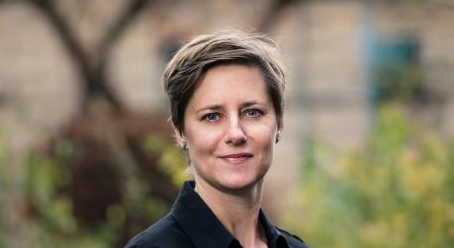PRIVACY Core Scholar behind new project exploring multiple waterscapes in Ghana

What do poorer people do to get clean water, and does this depend on which part of the city they live in?
These are the pressing questions an ambitious and innovative new research project titled 'Multiple Waterscapes in Urban Ghana' (MUWUG) is aiming to address. It is designed to deliver new knowledge to policy makers and key stakeholders in Ghana and will help inform Danish development cooperation.
Multiple waterscapes
Waterscapes refer to the diverse ways water is present, used, and managed in different environments, particularly in urban areas. This concept encompasses all physical and social aspects related to water – including rivers, lakes, rainwater, water supply systems, and the policies and practices governing water use and management. Waterscapes are crucial for understanding how communities interact with water resources, how water shapes urban development, and the challenges and opportunities for sustainable water management in the face of climate change and urbanization.
“In order to study this complex landscape, we are bringing together researchers from the natural sciences and social sciences. Our methods include long-term fieldwork, work in the archives, surveys of residents, and a technical mapping of water quality,” explains Karen Lauterbach, Director of the Centre of African Studies and project coordinator for MUWUG.
The grant of DKK 10 million has been awarded in the latest round of funding from the DANIDA Fellowship Centre under the heading 'Development in the context of climate change'. The project will begin in April 2024 and will extend over the next five years. MUWUG is an international research collaboration between the University of Copenhagen, Kwame Nkrumah University of Science and Technology in Ghana, the Danish Institute for International Studies and the Geneva Water Hub.
